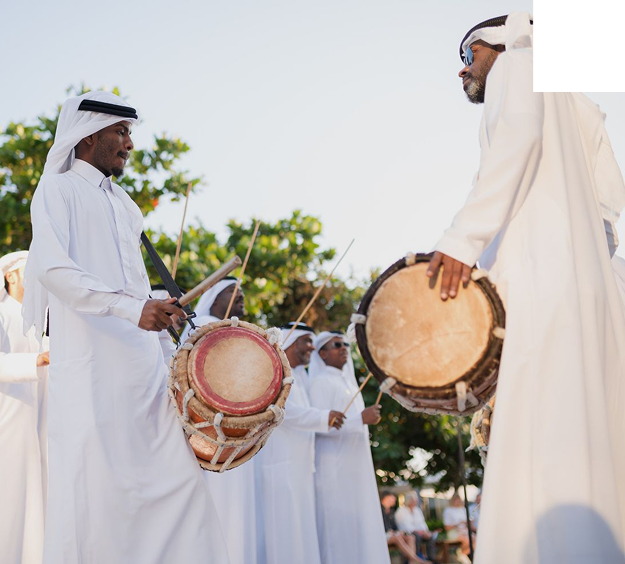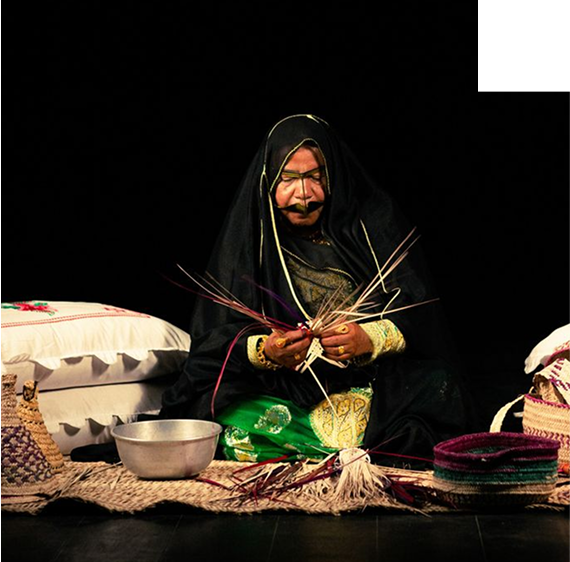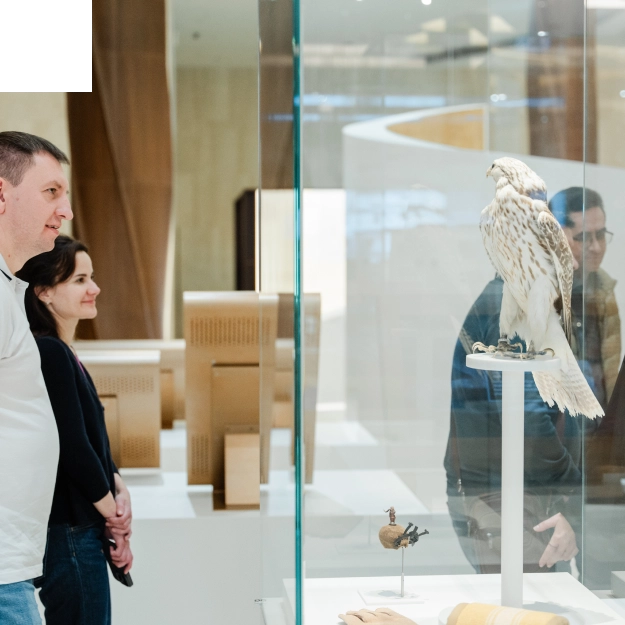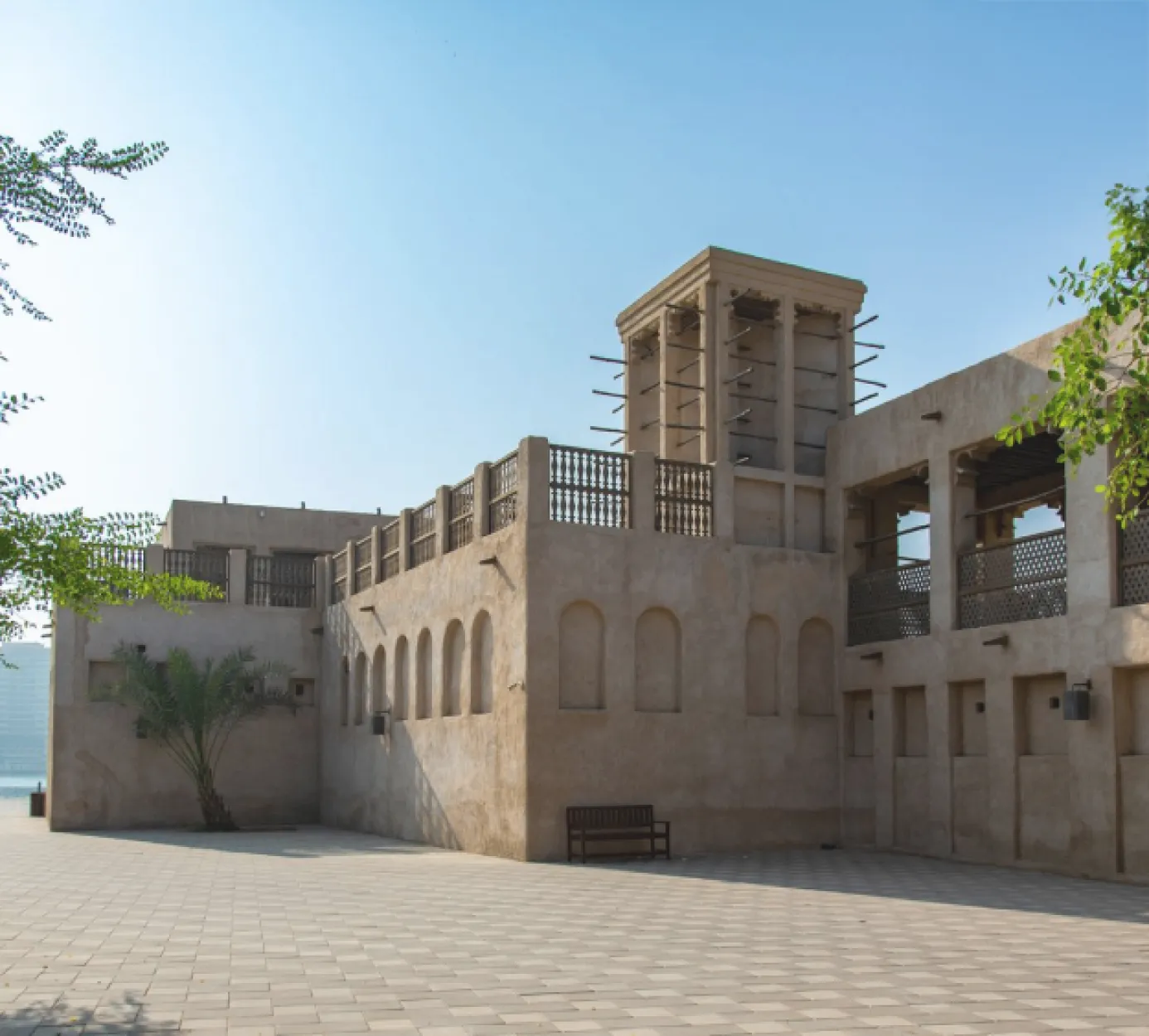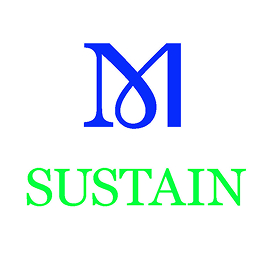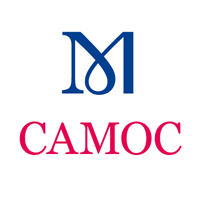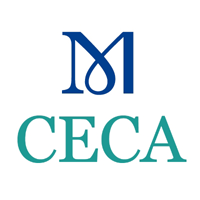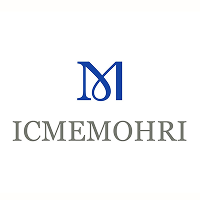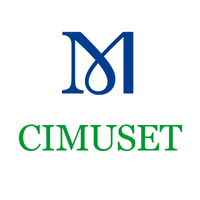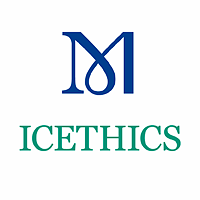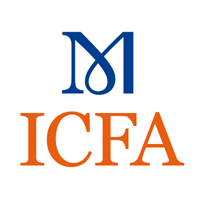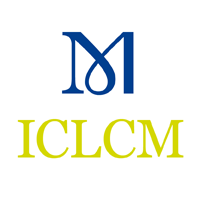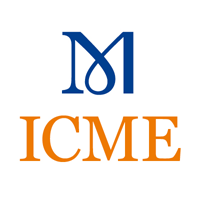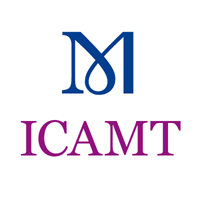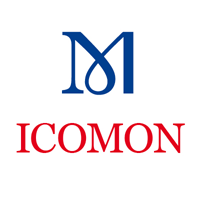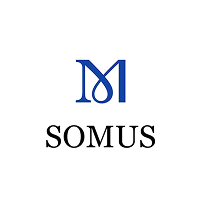While conservation practices continually evolve with the latest scientific advancements, our understanding of the materials chosen by artisans and their crafting processes is deeply rooted in a profound appreciation of traditional techniques. This session, organised in collaboration with ICOM-Japan, will focus on preserving these valuable techniques for future generations.
——————–
SESSION A: Preserving Traditional Conservation and Restoration Knowledge
Programme Start 10:00 (Paris) | 13:00 (Dubai)
13.00-13:10 Introduction: Stephanie de Roemer & Reiko Sakaki
13:10-13:30 Onsite: Yuji Kurihara (English)
13:30-13:50 Online: Jun Iwashita (Japanese with English translation)
13:50-14:10 Onsite: Hiroshi Hashimoto (English)
14:10-14:30 Q&A
Speakers
Title: Conservation and Restoration of Japanese Fine arts and Craft
Speaker: Yuji KURIHARA, ICOM Japan
Yuji KURIHARA specializes in museum policy and museum management. He entered the Ministry of Education, Science, Sports and Culture in 1989; Director for Community Relations, the Japanese School of New York; Director of the Fine Arts Division, Agency for Cultural Affairs; Director of Administration, Tokyo National Museum; Vice-Director of Kyoto National Museum and since April 2023, he is Vice-Director of National Museum of Nature and Science. Now, He is Vice-chair of ICOM-JAPAN, Treasurer of ICOM-DRMC, Board member of the Japanese Association of Museums, Vice president of the Japan Society for Exhibition Studies, Vice president of Japan Museum Management Academy, executive member of the Museological Society of Japan, adjunct lecturer at Kokugakuin University, Gakusyuin University and International Christian University. Mr. Kurihara is author of “Museum Enthusiast in USA” (2009), “The world of museums you should know about as general knowledge” (2021), “Learn Museum Laws from the Basics” (2022), and other books and publications.
Title: The Restoration of Buddha Statues
Speaker: Jun Iwashita, BIJYUTSU-IN Laboratory for the Conservation of National Treasures, Japan
ONLINE
Jun IWASHITA is a cultural property conservation and restoration technician. He joined the Bijutsu-in – Laboratory for the Conservation of National Treasures of Japan in 1988 and has been engaged in the conservation and restoration of National Treasures and Important Cultural Properties, such as Buddhist sculptures, ever since. Some of the notable restorations he has worked on include the National Treasure wooden statue of Amida Nyorai at Byodo-in Temple (Kyoto Prefecture), the National Treasure wooden statue of Senju Kannon at Toshodai-ji Temple (Nara Prefecture), and the Important Cultural Property wooden statue of Kongo Rikishi at Kinpusen-ji Temple (Nara Prefecture). Since 2022, he has served as the director of the BIJYUTSU-IN – Laboratory for Conservation of National Treasures of Japan, overseeing restoration projects and working to nurture the next generation of restoration technicians.
Title: The Conservation of Soko Cultural Properties – Mounted Cultural Properties on Silk and Paper Substrates
Speaker: Hiroshi Hashimoto, Director of the Association for Conservation of National Treasures
Hiroshi HASHIMOTO graduated from Senshu University Graduate School(historical science) and Kyoto University of the Arts Graduate School(science of art), and joined SHOKAKUDO Co., Ltd. in 2006.He became the company’s CEO in 2016. He has also served as a director of the Association for Conservation of National Treasures since 2020.He is adjunct lecturer at Kyoto Prefectural University.
Translation by
Sawako SENTOKU works part-time at the ICU Hachiro Yuasa Memorial Museum as a curatorial assistant. Along with her job, she is enrolled in the Ph.D. program at the Tokyo University of the Arts specializing in conservation science. She received a bachelor’s degree at the International Christian University in Japan, double majoring in physics and art and cultural studies, writing her senior thesis regarding muon X-ray analysis. Her master’s degree is from the same university as her Ph.D. program, specifically studying the conservation of blueprints. Sawako continues her studies in blueprints, studying their reasons for degradation, methods of preservation, and to restore their degraded information. Ms. Sentoku is a student member of ICOM, participating in ICOM-CC as her main branch.
Moderators
Stephanie de Roemer trained in archaeological and contemporary art conservation and has coordinated ICOM’s Sculpture Working Group since 2019. She explores sustainable, inclusive conservation practices through facilitation and public engagement. Her work advocates for 3D heritage care across diverse communities, aligning conservation with the UN Sustainable Development Goals.
Reiko SAKAKI is a retired historian and former curator at Tokyo’s Tobacco & Salt Museum, specializing in global cultural exchange during the Age of Exploration. An ICOM member since 2010, she promotes international collaboration in conservation and aims to strengthen ties between ICOM-CC and Japanese institutions post-retirement.





